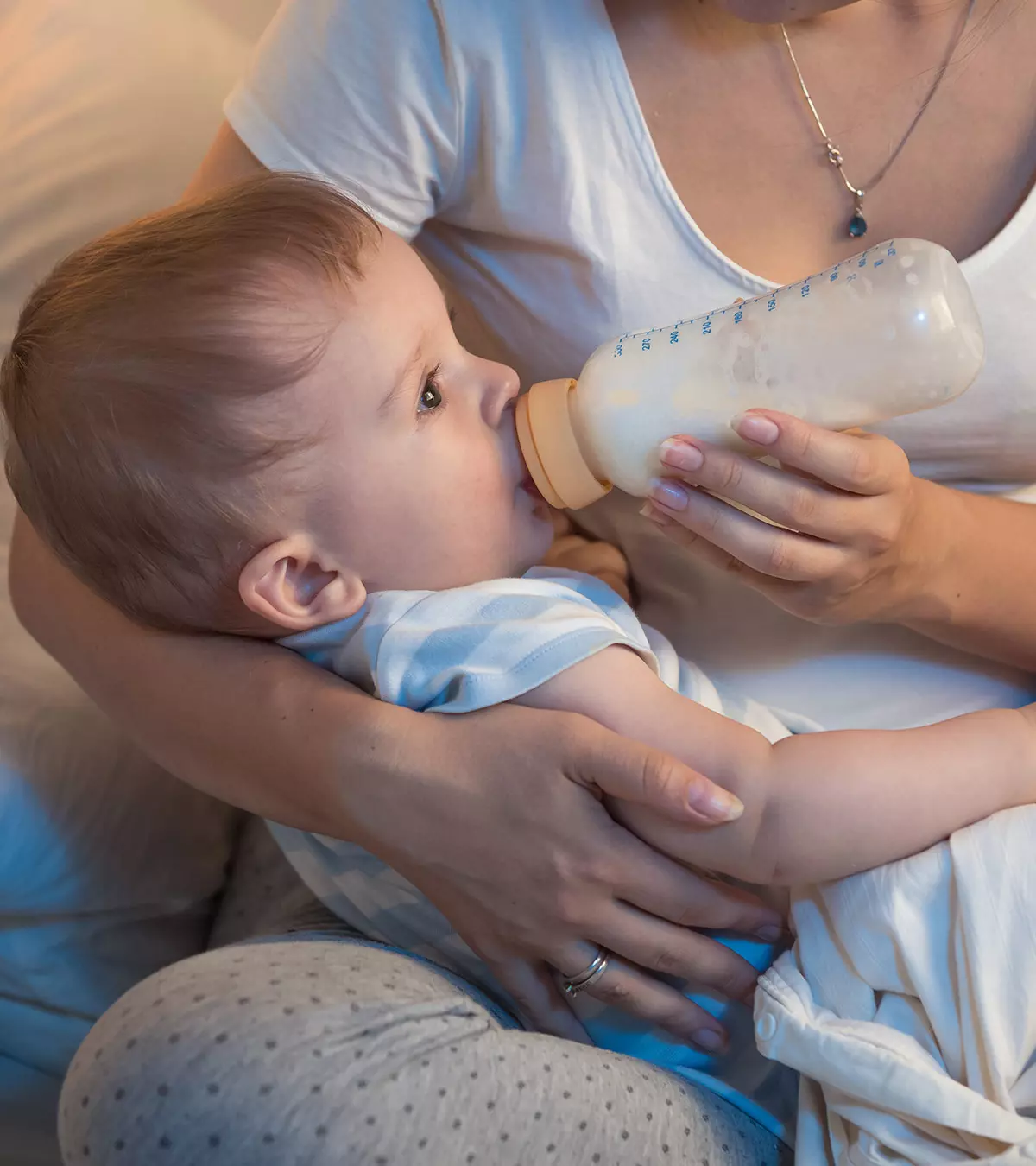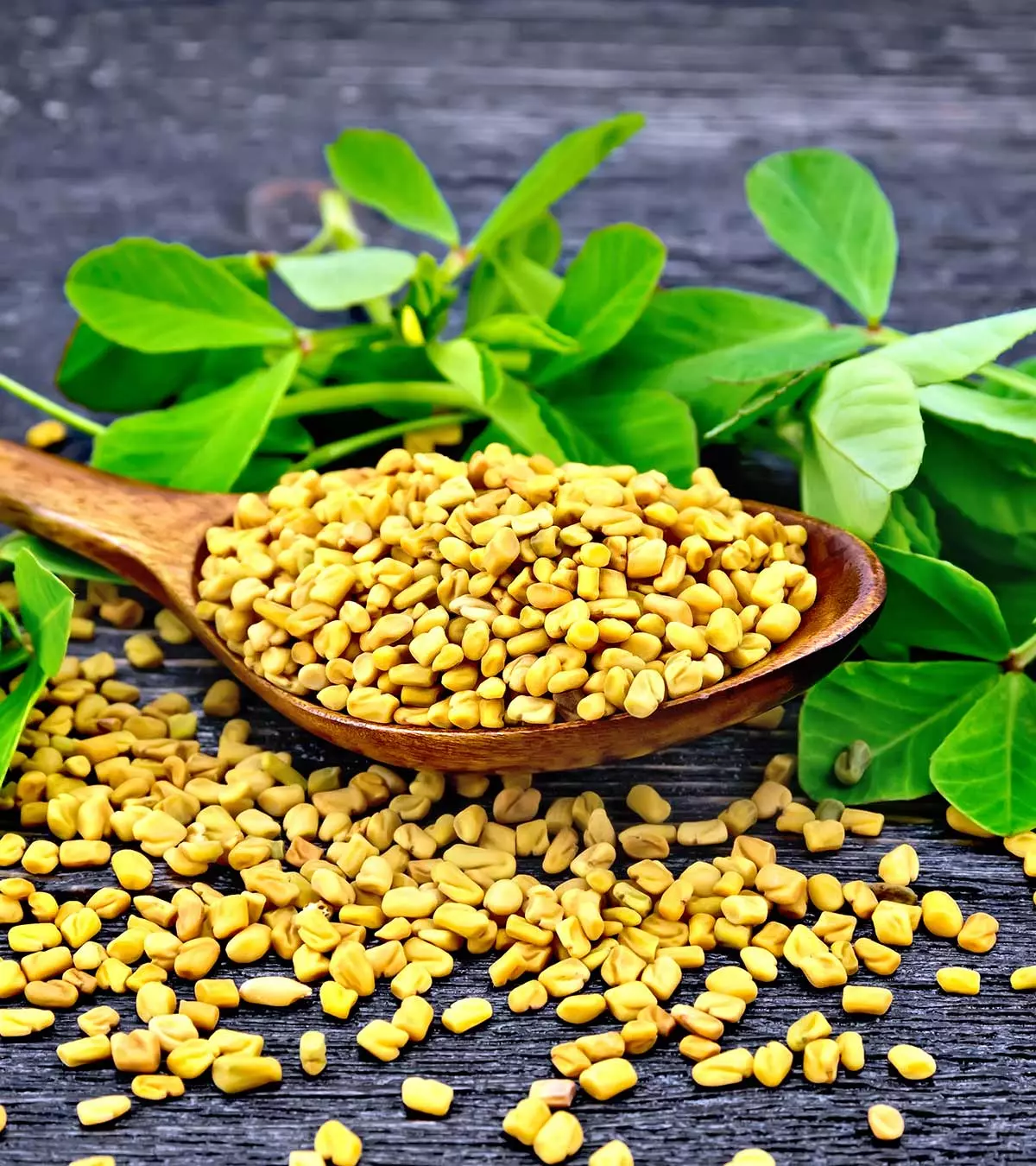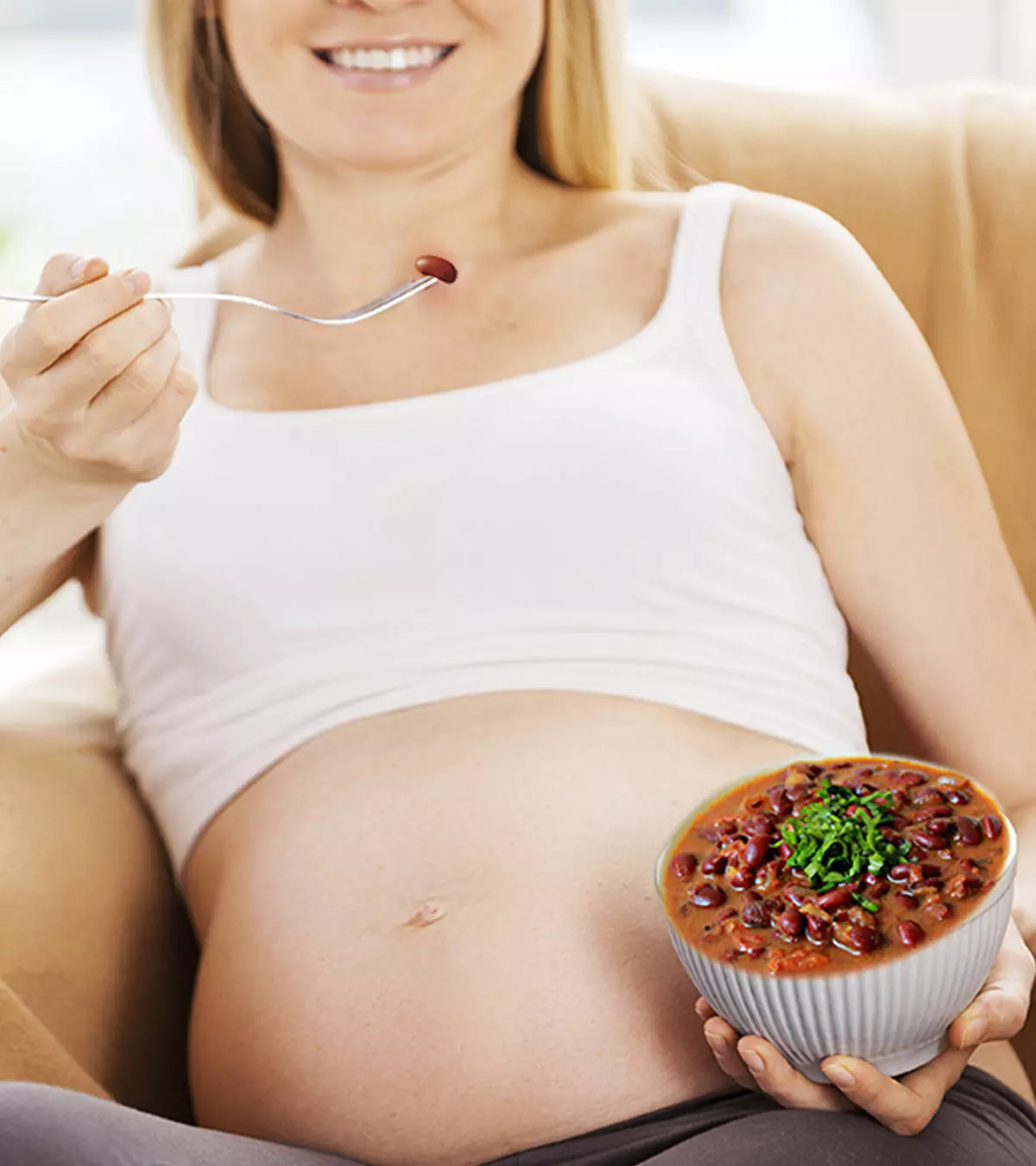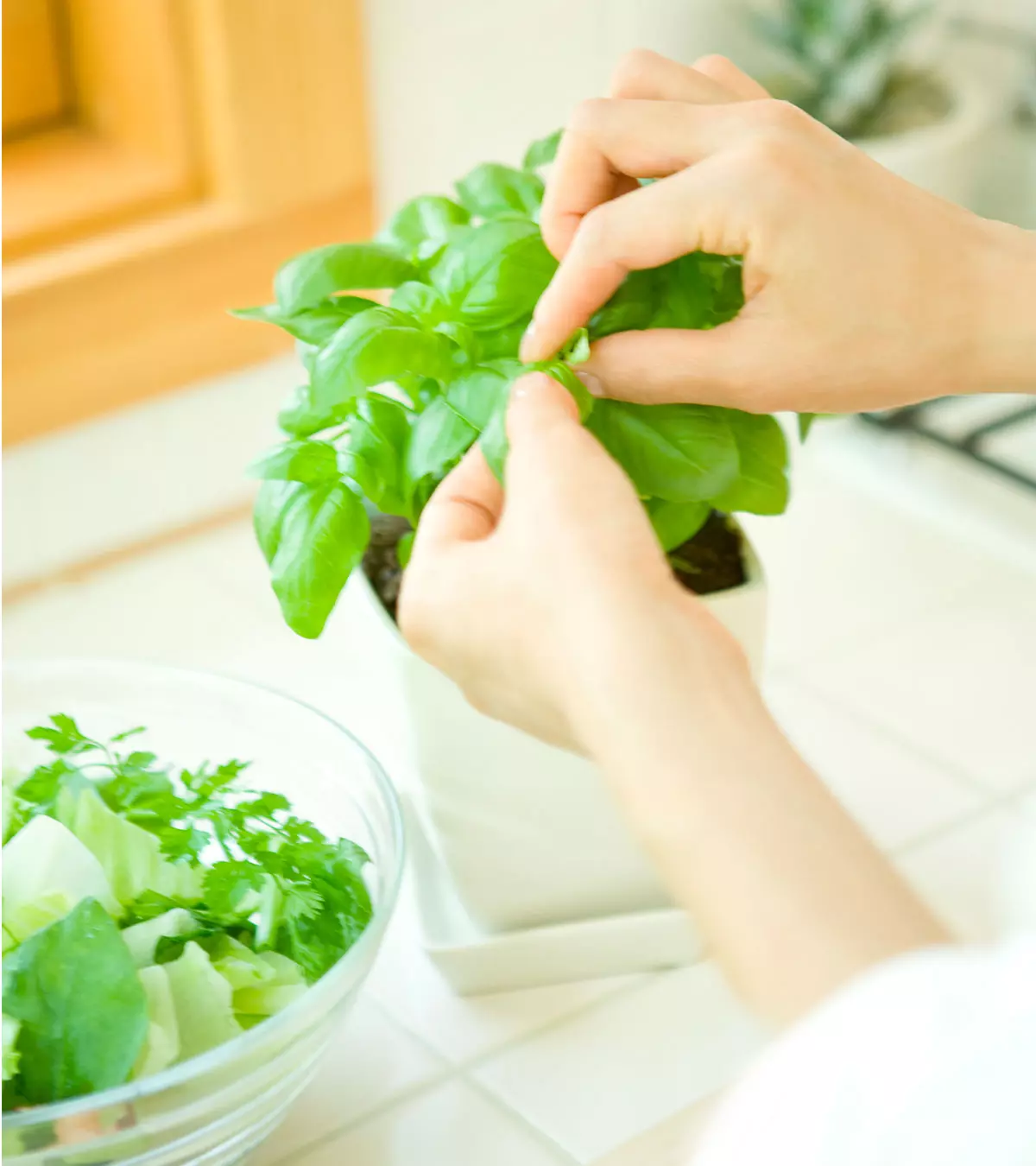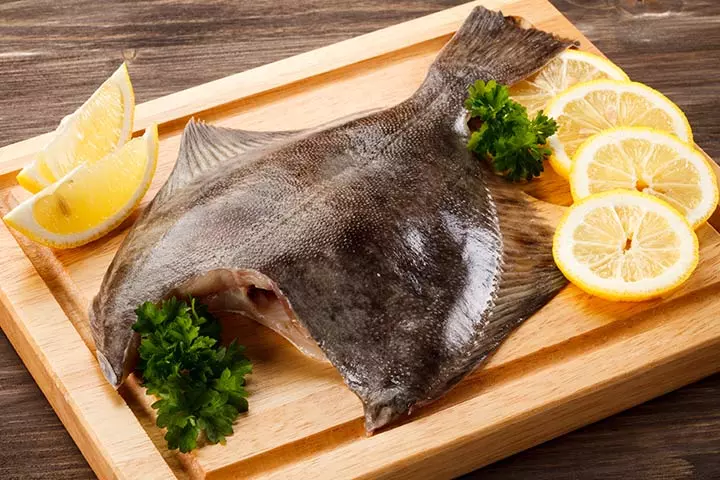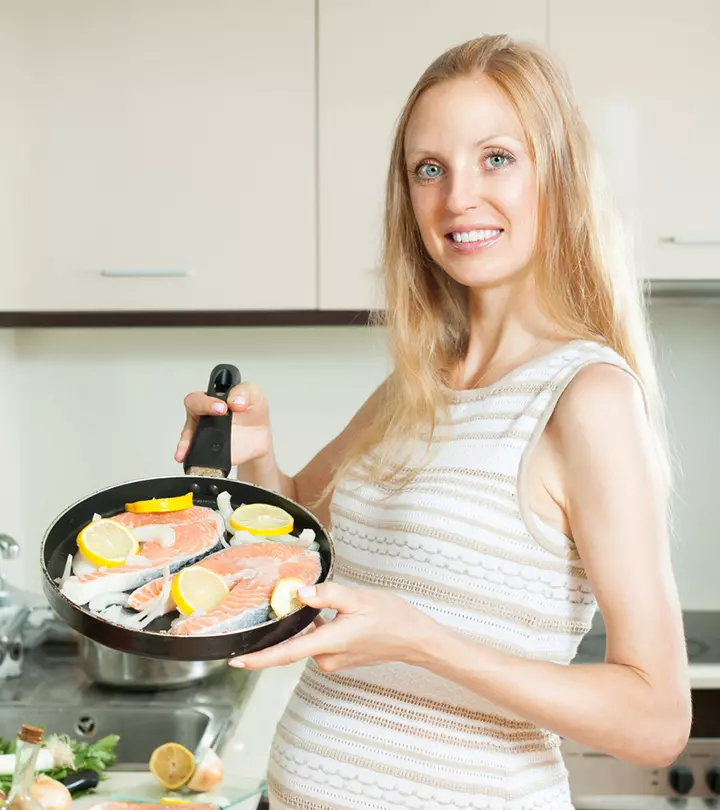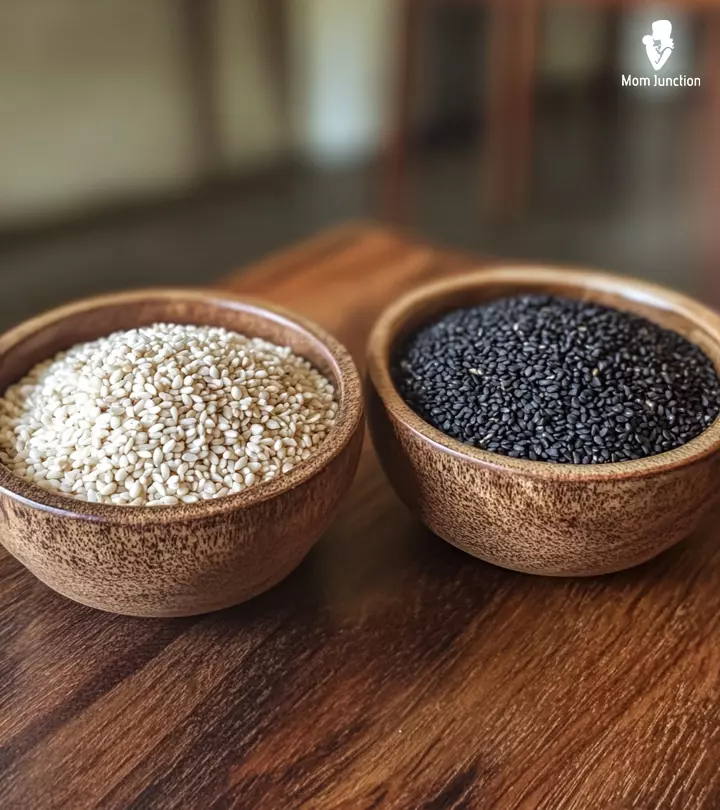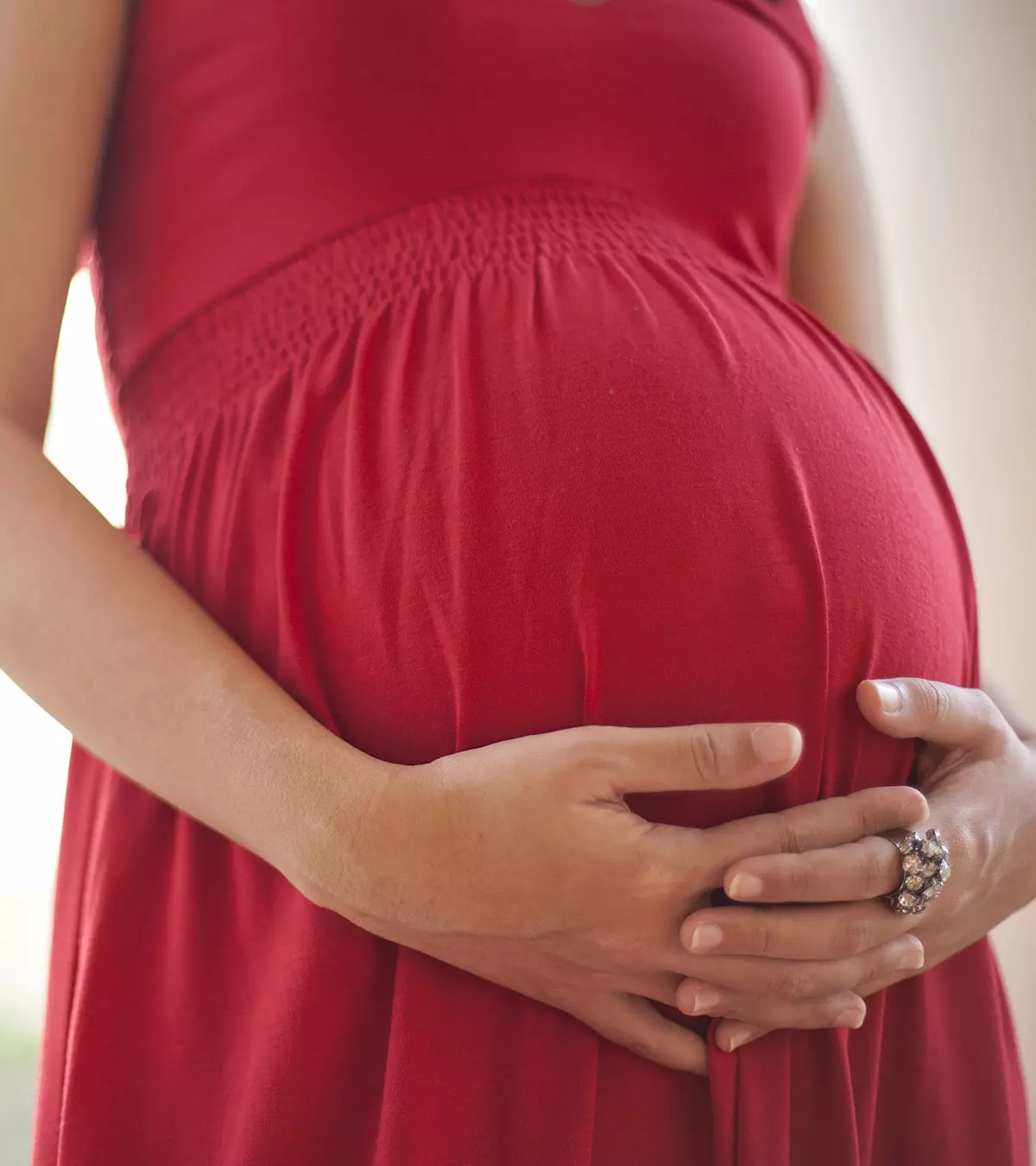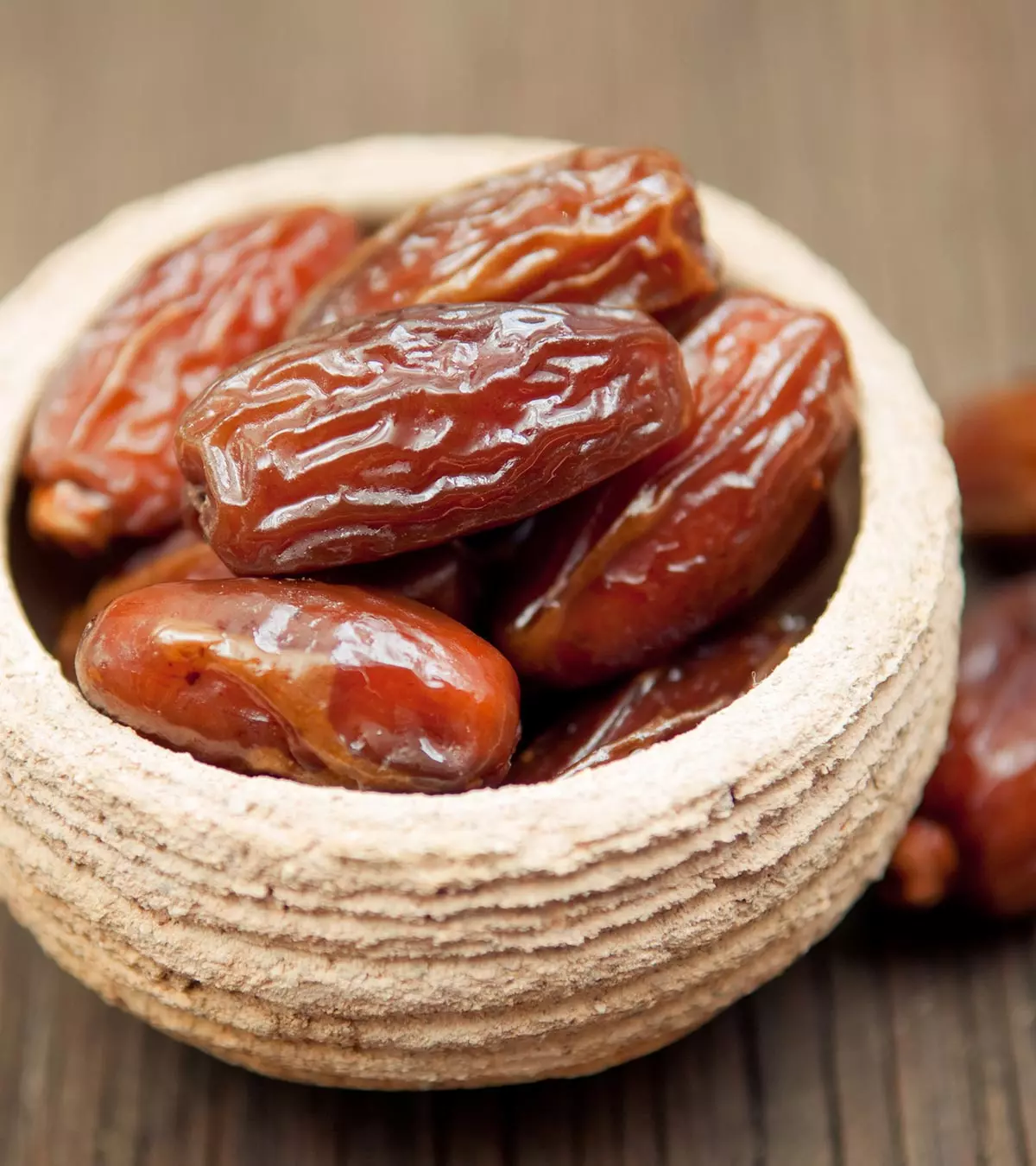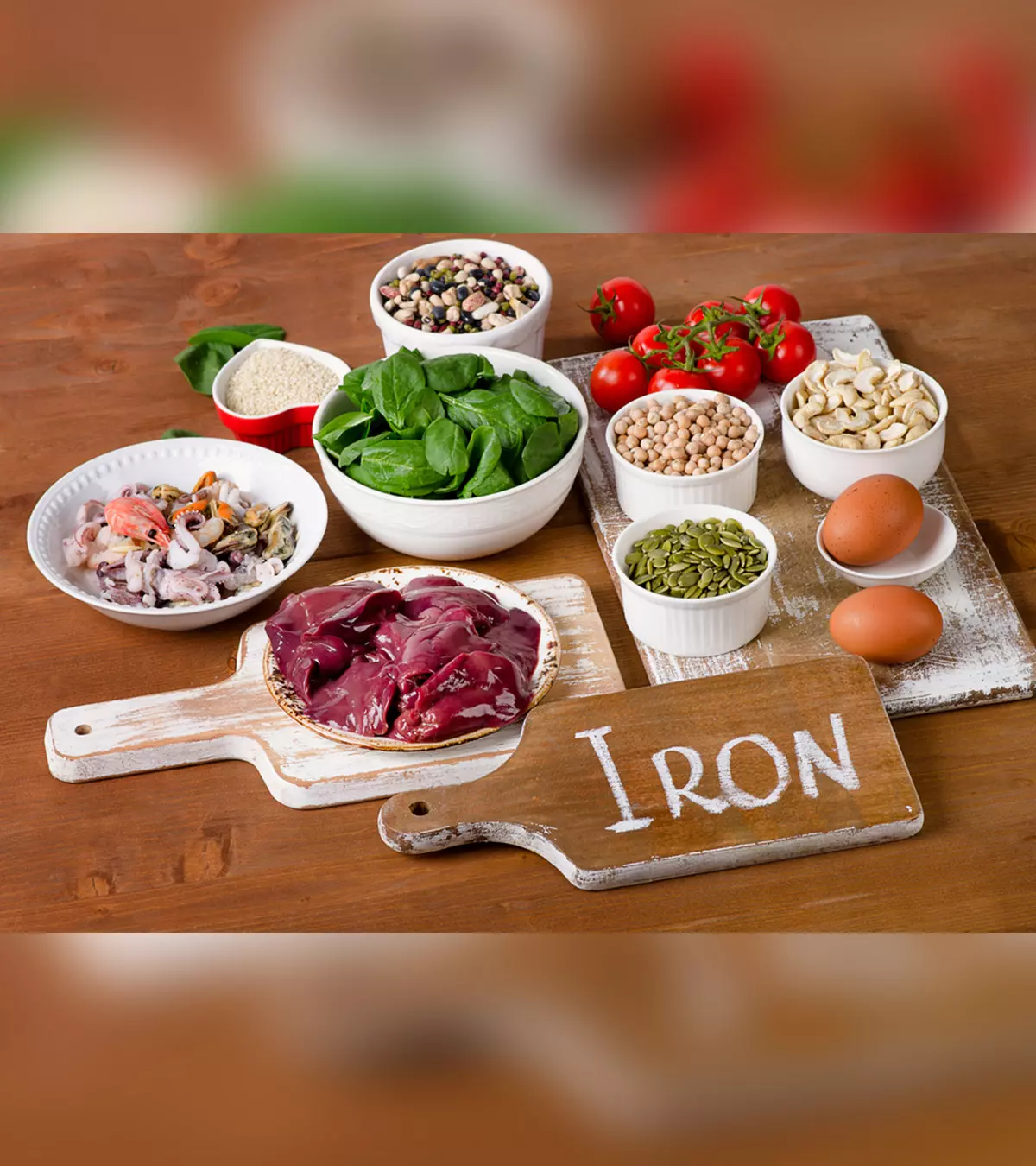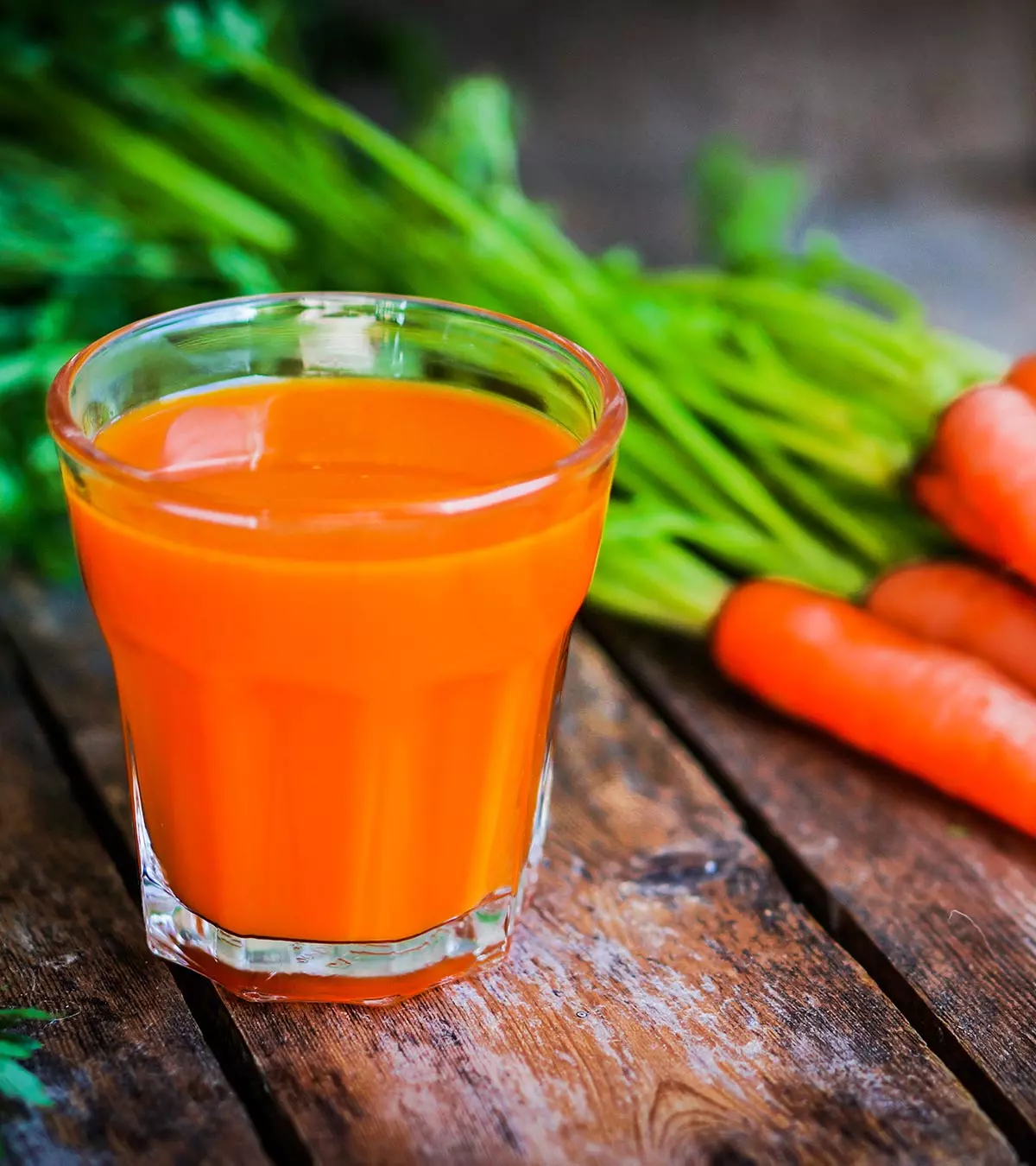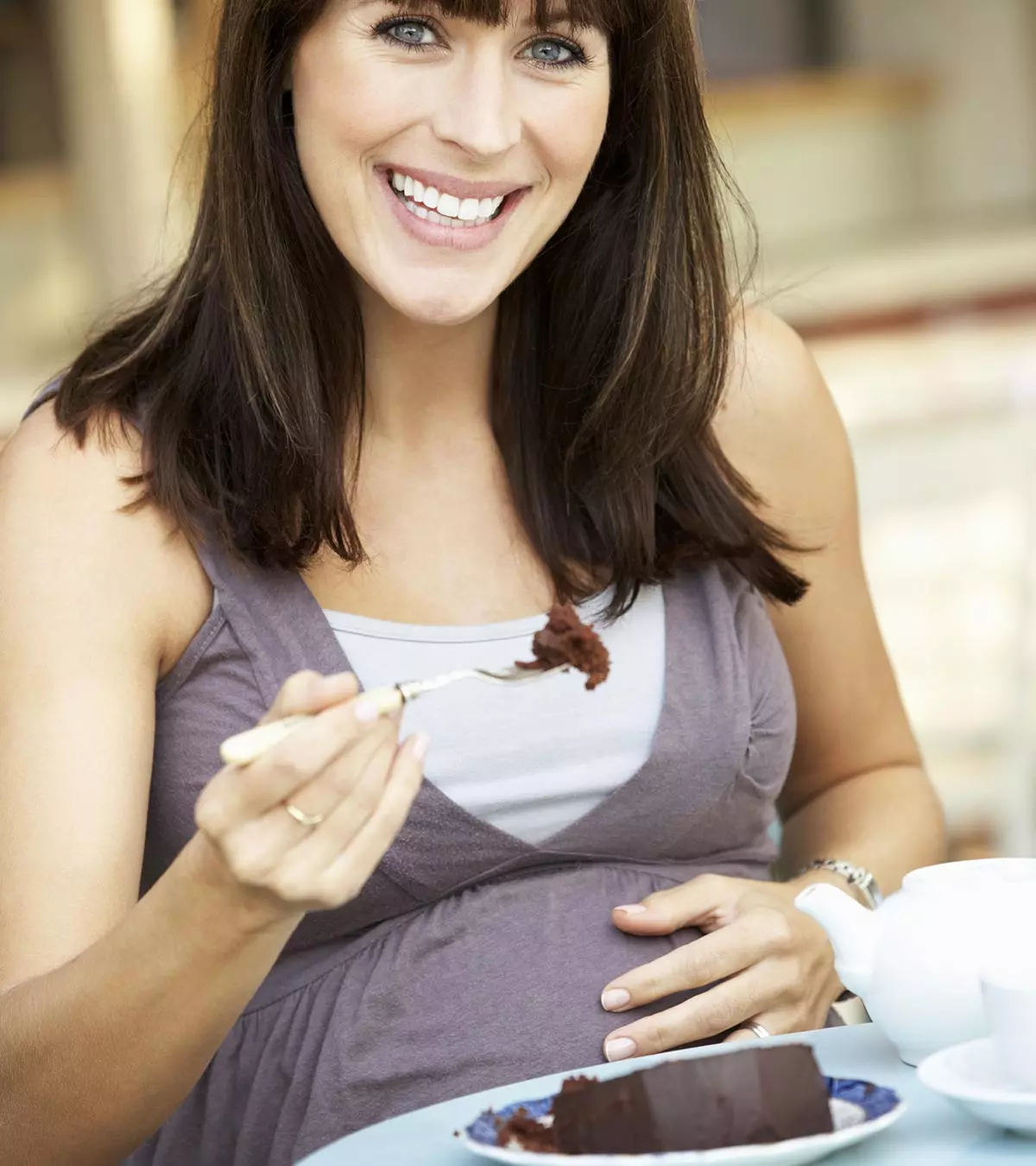
You certainly already have a list of what to eat and not to eat while pregnant. However, you may succumb to your pregnancy food cravings, which are common among pregnant women. For example, eating a cake during pregnancy is one such pregnancy craving.
If you are considering eating cake while pregnant but aren’t sure if giving in to the temptation may harm your unborn child, this post will clear things up. So before you tempt your taste buds, read on to know if eating cake is safe when you’re pregnant.
Key Pointers
- Cake consumption during pregnancy is acceptable but not recommended every day to prevent excessive weight gain.
- Cakes do not offer significant nutritional benefits, and a healthy and nutritious diet is crucial.
- Avoid cream or custard toppings on cake as they may contain raw eggs, which can be harmful to the unborn baby.
- Pregnant women are more susceptible to bacterial infections like salmonella and listeria found in homemade cakes, so taking necessary precautions is necessary.
Is It Safe To Eat A Cake During Pregnancy?
, a pediatric and pregnancy dietitian from Liverpool, England, says, “Cake can be eaten during pregnancy; however, I would advise my clients not to have them every day, as they could cause excessive weight gain. If you eat cakes frequently, they should be made from a low-calorie recipe, such as a fruit loaf. I would also advise looking at the ingredients and ensuring that there aren’t any raw products, such as eggs included, as they may increase the risk of salmonella.”
The good news is that while you are pregnant you can still give in to your sweet craving, once in a while. The real news is that you cannot go on a binging spree, especially when you are pregnant.
What you eat during your pregnancy is extremely crucial, as it forms the base of prenatal nutrition for your unborn baby. Your bouts of morning sickness during pregnancy may be taking a toll on your intake. Therefore, whatever little you manage to eat should be healthy and nutritious. Cakes, no matter how delicious they are, provide little nutritional value (1). Consult your doctor before you pamper your taste buds.
Molly Mills, a mother of two, recollects how she balanced festivities and a commitment to healthy eating throughout her third pregnancy, “We had plenty of celebrations in the second trimester: Easter, our second daughter’s birthday, pre-K graduation for our oldest, Mother’s Day, and the start of summer fun. I never want my daughters to feel like mom doesn’t enjoy fun times with them because I sit out from “fun” foods, so I always join them with a piece of cake or a couple of cookies if these are present (i).”
Having a slice of plain cake with no icing is fine. However, if you are planning to have one with that yummy topping, you should drop the idea. Your doctor may ask you to refrain from the intake of any kind of cream or custard on your cake in pregnancy as they could be made from raw eggs (2).

Image: Shutterstock
Eating a homemade cake too can spell danger, as it may contain bacteria and parasites like salmonella, listeria, toxoplasma, E.coli and staphylococcus. When you are pregnant, your immune system is at an all-time low. Therefore, you are at a higher risk of falling ill, especially when you eat certain types of foods. These foods (containing raw eggs) may cause harm to your unborn baby (3). FDA advises pregnant women to be mindful of these risks and follow the necessary precautions to prevent the risk of adverse effects during pregnancy (4). Giving in to your sweet tooth on a special occasion could also take a toll on your health and your baby’s growth.
 Quick fact
Quick factIt is important to regulate your calorie intake during pregnancy and have a balanced diet containing iron-rich foods, folic acid, folate, vitamin A, vitamin C, vitamin D, vitamin B6, vitamin B12, and calcium. High-calorie intake like desserts will make you pile on those extra kilos while expecting. Putting on extreme weight during pregnancy may lead to many health complications, including preeclampsia and gestational hypertension. Also, Shedding weight post-delivery will be a challenge you will face. You need not ban sweets and deprive yourself for nine months, just remember to eat them in moderation. Remember, a wholesome diet that includes balanced meals and healthy snacks along with an active lifestyle will help you have a safe delivery and a healthy baby.
 Point to consider
Point to considerWhat If You Still Want To Have A Piece?
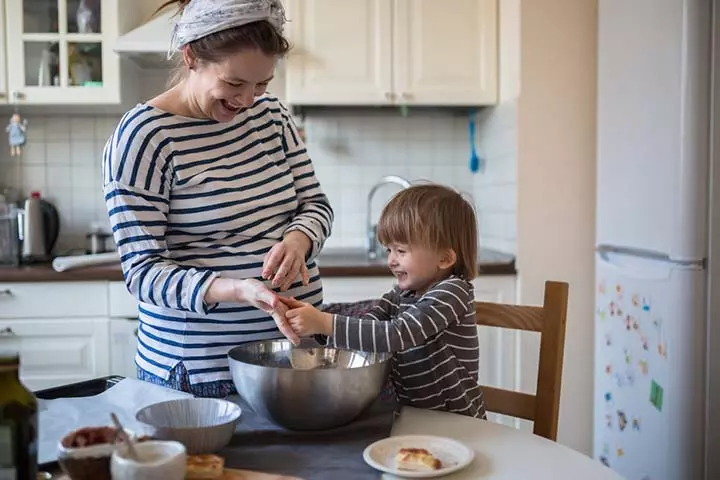
Image: Shutterstock
If your nutritionist or doctor gives you a thumbs-up, you may have a cake slice. For safty, look for cakes with less frosting, confirm ingredients are pasteurized, and keep portion sizes in mind. Try to have a fresh homemade one. If you are baking a cake at home, remember to stay away from the urge to lick the spoon. Do not taste even a drop of the raw batter. The raw eggs in the batter will most likely be a host to salmonella and other harmful bacteria.
In fact, it is not uncommon for people to fall sick after tasting a raw cake mix. According to a US CDC report, in 2021, 16 people fell ill after consuming a cake mix contaminated with E.coli. Therefore, it is best to wait until the cake is fully baked before sampling it to ensure your safety. Also, it is advisable to avoid having a piece of cake with any toppings on it.
Whittaker recommends, “Pancakes are a great pregnancy food and can be eaten as a snack. You can balance them with nutritious items, such as fruit and yogurt, or make them savory by adding vegetables such as spinach/broccoli and cheese, chicken and spinach, or tomato and cheese.”
Frequently Asked Questions
1. Why do I crave cake when pregnant?
Cravings during pregnancy are normal, but the precise cause for these cravings is unknown. Hormonal changes during pregnancy could change the way food tastes or smells, thereby causing these cravings and aversions. Mild gestational diabetes could also cause sweet cravings (7) (8). It is also believed that sweet cravings can occur due to a drop in blood sugar levels. However, clinical evidence supporting this association is limited.
2. Does craving cake mean gestational diabetes in pregnancy?
Sweet cravings could point towards gestational diabetes, according to one study where patients suffering from mild gestational diabetes reported more frequent sweet cravings compared to nondiabetic patients. However, your doctor will look at your medical history and other risk factors to suggest the possibility and advise diagnostic tests (7).
3. What are some alternatives to traditional cake that are safe to eat during pregnancy?
Healthy eggless cakes made from ingredients such as bananas, dates, carrots, and apples can be great alternatives to traditional cakes. Opt for cakes made with whole ingredients and lower sugar content. Additionally, to satisfy your sweet cravings, try consuming whole fruits, fruit popsicles, healthful smoothies, and dark chocolate during pregnancy. However, take consent from your doctor and consume these treats in moderation.
The cake is one of the best sweets and a go-to snack for most people who have a sweet tooth. If you have a sweet tooth and are craving some cake during pregnancy, you may have it in limited quantities while taking the necessary precautions. But cake during pregnancy needs to be consumed with caution due to its sweet nature and the possible presence of bacteria since a pregnant body’s immune system may not be as active as others. You may have a slice after consulting your ob/gyn to be on the safer side. Remember, it is only a matter of nine months. Until then, try to control your unhealthy cravings and eat as many fresh fruits and vegetables as possible.
Infographic: Things To Know About Eating Cakes During Pregnancy
While indulging in a delicious slice of cake may be tempting during pregnancy, it is paramount to prioritize safe and nutritional food options for a healthy pregnancy. Our infographic guides you with the crucial factors you must consider before incorporating cakes into your pregnancy diet plan, so you choose your foods wisely.
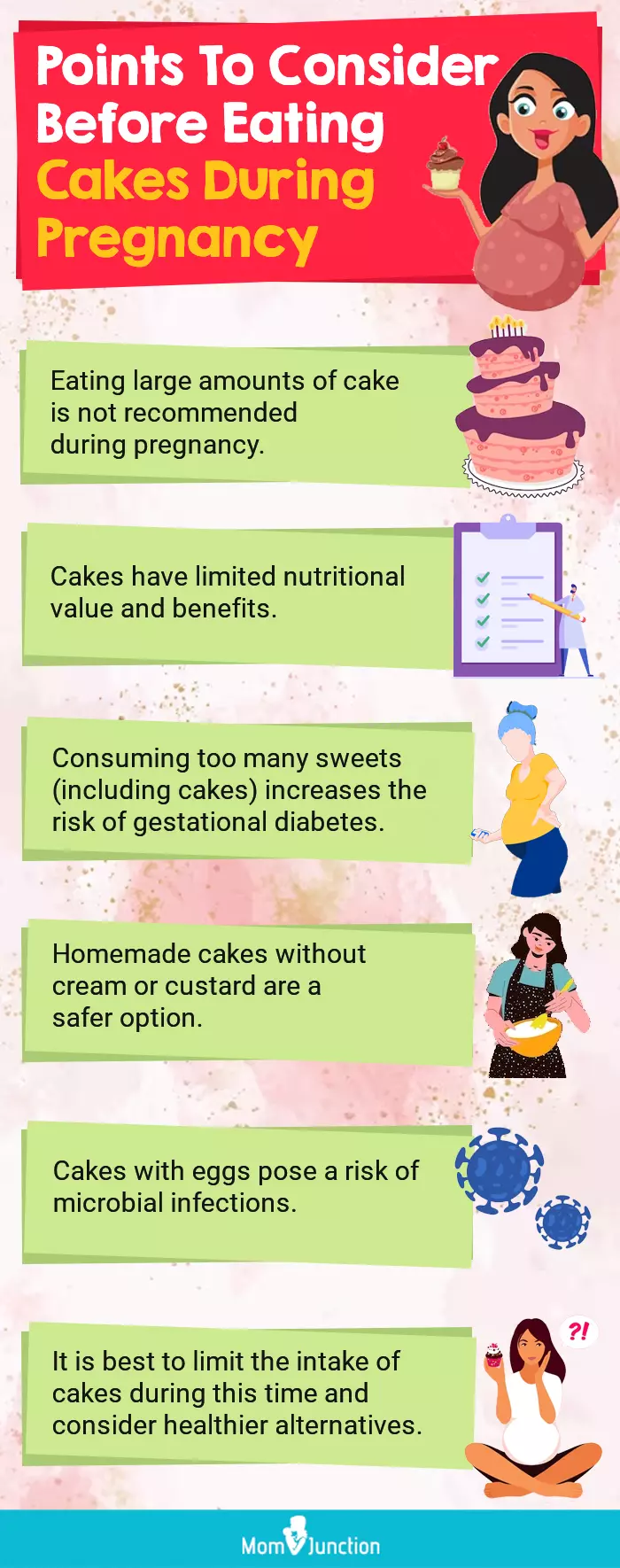
Illustration: Momjunction Design Team
Illustration: Is It Safe To Eat Cake During Pregnancy?
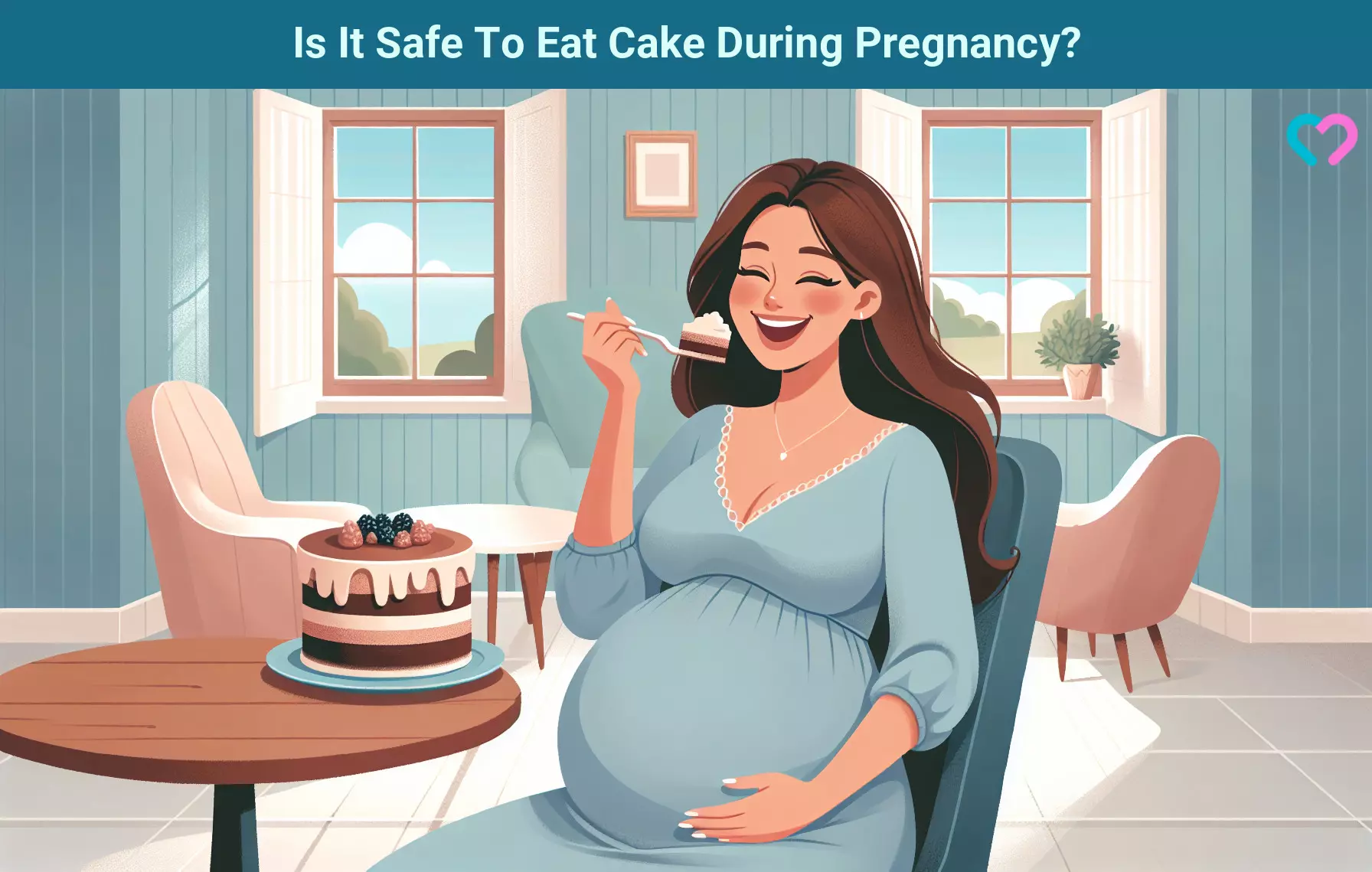
Image: Dall·E/MomJunction Design Team
Personal Experience: Source
MomJunction articles include first-hand experiences to provide you with better insights through real-life narratives. Here are the sources of personal accounts referenced in this article.
i. Baby 3: Second trimester recap.https://pinchofcrazycom.wordpress.com/2022/07/29/baby-3-second-trimester-recap/
References
- Cake.
https://fdc.nal.usda.gov/fdc-app.html#/food-details/579854/nutrients - Foods to Avoid While Pregnant.
https://americanpregnancy.org/healthy-pregnancy/pregnancy-health-wellness/foods-to-avoid-during-pregnancy/ - Food Safety During Pregnancy.
https://thewomens.r.worldssl.net/images/uploads/fact-sheets/Food-safety-in-pregnancy_240816.pdf - Dairy and Eggs from Food Safety for Moms to Be.
https://www.fda.gov/food/people-risk-foodborne-illness/dairy-and-eggs-food-safety-moms-be - Pregnancy FAQs
https://www.nhs.uk/start-for-life/pregnancy/ - Gestational Diabetes
https://www.cdc.gov/diabetes/about/gestational-diabetes.html?CDC_AAref_Val=https://www.cdc.gov/diabetes/basics/gestational.html - Food cravings during pregnancy; Pregnancy, Birth and Baby
https://www.pregnancybirthbaby.org.au/food-cravings-during-pregnancy - Food cravings and intake of sweet foods in healthy pregnancy and mild gestational diabetes mellitus. A prospective study; National Library of Medicine
https://pubmed.ncbi.nlm.nih.gov/20869416/#:~:text=Gestational%20diabetes%20mellitus%20(GDM)%20is,this%20has%20not%20been%20investigated
Community Experiences
Join the conversation and become a part of our nurturing community! Share your stories, experiences, and insights to connect with fellow parents.
Read full bio of Shivani Sikri
- Hannah Whittaker is an expert pregnancy and pediatric dietitian with nearly 20 years of experience, the last seven years as a registered dietitian. She manages her private practice Bump2baby Nutrition in the UK, having done her graduation in community nutrition and dietetics from Liverpool John Moores University & University of Chester respectively.
 Hannah Whittaker is an expert pregnancy and pediatric dietitian with nearly 20 years of experience, the last seven years as a registered dietitian. She manages her private practice Bump2baby Nutrition in the UK, having done her graduation in community nutrition and dietetics from Liverpool John Moores University & University of Chester respectively.
Hannah Whittaker is an expert pregnancy and pediatric dietitian with nearly 20 years of experience, the last seven years as a registered dietitian. She manages her private practice Bump2baby Nutrition in the UK, having done her graduation in community nutrition and dietetics from Liverpool John Moores University & University of Chester respectively.
Read full bio of Ria Saha
Read full bio of Swati Patwal
Read full bio of Dr. Joyani Das











